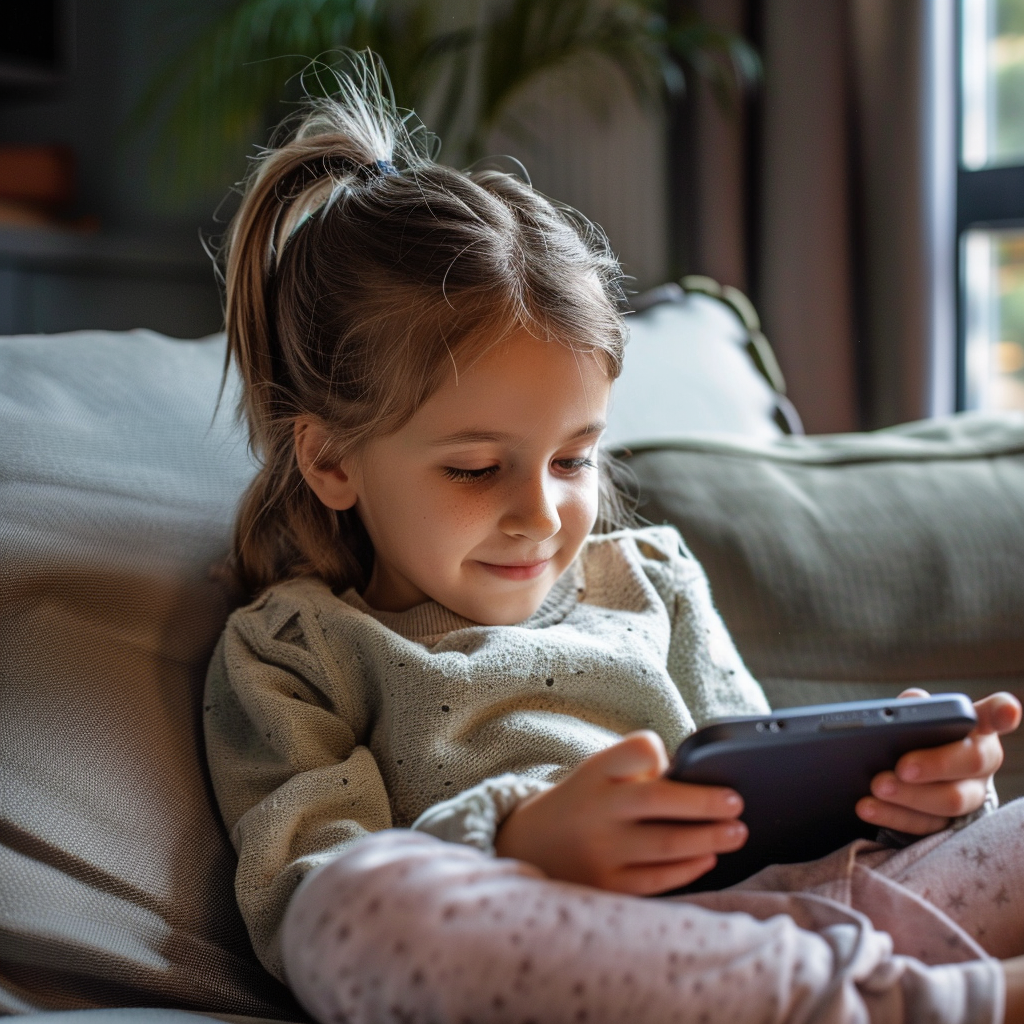Hey there, fellow parents! Have you ever noticed how your child’s behavior changes after spending too much time on screens? A digital detox might help your child behave well and be focused.

Digital detox might help your child, but it is not just your imagination—excessive screen time can actually affect your child’s behavior. In this blog post, we’ll explore the signs that your child might need a break from technology and how a break from it can help improve their behavior.
Signs You Need a Detox
Sometimes, it’s not easy to tell if your child needs a break from screens. But there are some signs you can look out for. For example, if your child gets super grumpy or moody when you try to limit their screen time, that could be a sign that they’re too dependent on screens. Another sign is if they need help focusing on things that don’t involve screens, like homework or chores. And if they don’t seem interested in doing anything that doesn’t involve screens, that could be a red flag, too. It’s all about finding that balance, you know?
Let’s start by discussing some signs that your child might need a digital detox:
- Irritability and Mood Swings: If your child becomes irritable or moody when screen time is limited, it could be a sign that they’re too dependent on technology.
- Difficulty Concentrating: Too much screen time can make it hard for children to focus on tasks that require sustained attention, like homework or reading.
- Lack of Interest in Other Activities: If your child shows little interest in activities that don’t involve screens, it might be time to cut back on screen time.
Screen Time and Behavior Problems
Research has shown a clear link between excessive screen time and behavior problems in children. Kids who spend more than two hours a day on screens are more likely to experience issues like inattention, hyperactivity, and emotional outbursts. This is because screens can overstimulate the brain, making it difficult for kids to regulate their emotions and behavior.
Detox to Boost Emotional Skills
So, how can a digital detox help? Taking a break from screens can give your child’s brain a chance to reset and develop critical emotional skills. When kids are constantly glued to screens, they do not learn how to manage their emotions or interact with others in a healthy way. A detox can help them develop these crucial skills.
Benefits of Outdoor Time
Digital detox might help your child spending more time outdoors is one of the best ways to detox from screens. Outdoor play has been shown to have many benefits for kids, including improved mood, reduced stress, and better overall health. Kids playing outside are more likely to be physically active, which can help them burn off excess energy and improve their mood.
Breaking Bad Habits
Breaking bad habits, like spending too much time on screens, can be challenging. But it’s doable! One thing you can try is setting limits on screen time. For example, you could say no screens during meals or before bed. Creating screen-free zones in your home, like the dining room or bedrooms, can also help. And remember to provide alternatives to screens, like books, puzzles, or outdoor activities. It’s all about finding what works for you and your child.
Breaking any habit, including excessive screen time, can be challenging. Here are some tips to help you and your child cut back on screen time:
- Set Limits: Establish clear rules around screen time, such as no screens during meals or before bed.
- Create Screen-Free Zones: Set aside certain parts of your home, like the bedrooms or the living room, as places where kids can’t use screens.
- Provide Alternatives: Stock your home with books, puzzles, and art supplies to encourage non-screen activities.
- Lead by Example: Show your child that you’re also committed to reducing screen time by limiting screen use.
Conclusion
Digital detox might help your child is a break from technology can do wonders for your child’s behavior. Reducing screen time and encouraging alternative activities can help your child develop critical emotional skills and improve their overall well-being. So why not give it a try? Your child’s behavior – and your sanity – may thank you for it.





